
Innovation can only occur in the right environment. While organizations can attempt to hire for innovation, there is little that can blossom in a restrictive and discouraging physical setting - even if the space holds the most creative and vibrant thinkers.
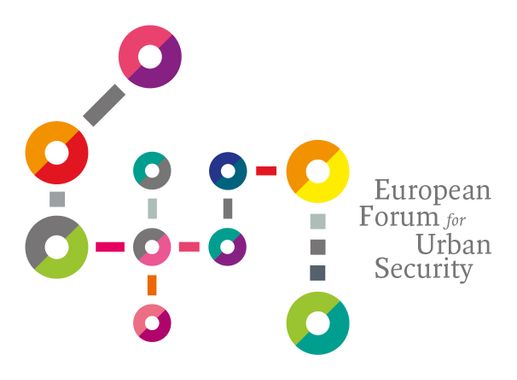
On 24 November Elena Guidorzi, research unit coordinator of Experientia, will speak at the EFUS web conference entitled "Reducing and preventing the feeling of insecurity at night", highlighting her experience coordinating the ToNite project.

Experientia's Jan-Christoph Zoels and Mark Vanderbeeken will be part of discussion panels at the upcoming Biennial of Technology in Turin, Italy.
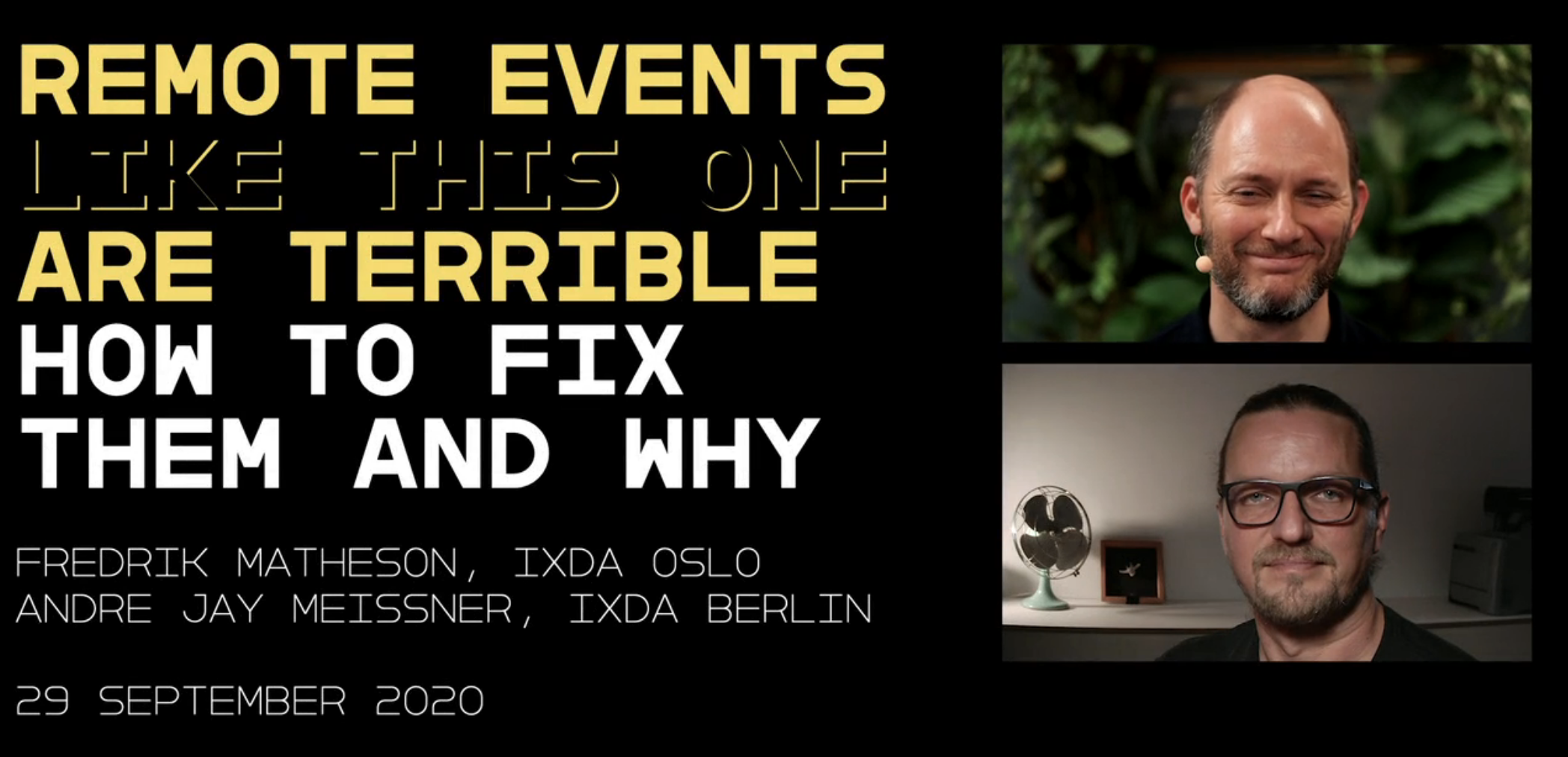
In this talk, Andre Jay Meissner and Fredrik Matheson talk about what we've lost, why existing tech and formats are a poor replacement, and what we can do to change from a navel-gazing event culture into sustainably shaping a new level of conferencing.
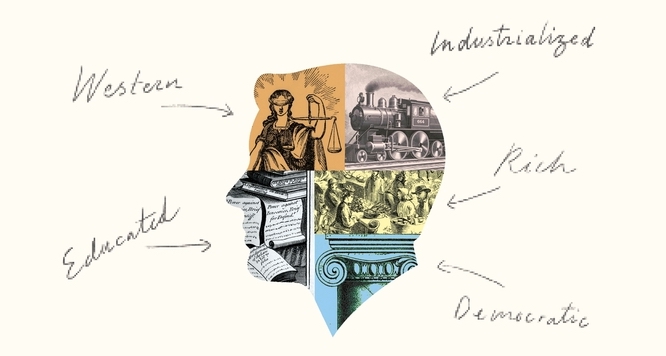
Provocative and engaging in both its broad scope and its surprising details, The WEIRDest People in the World explores how culture, institutions, and psychology shape one another, and explains what this means for both our most personal sense of who we are as individuals and also the large-scale social, political, and economic forces that drive human history.
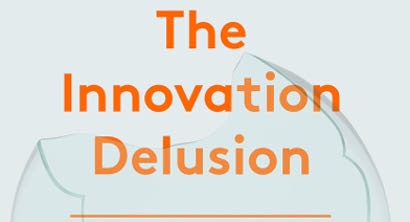
The authors offer a compelling plan for how we can shift our focus away from the pursuit of growth at all costs, and back toward neglected activities like maintenance, care, and upkeep.

Drawing on the ideas of the "slow movement", Slow Computing sets out numerous practical and political means to take back control and counter the more pernicious effects of living digital lives.

Sur la base d'une enquête de terrain menée Genève, Los Angeles et Tokyo, cet ouvrage aborde la dimension proprement anthropologique du smartphone.

Behavior change design creates entrancing - and effective - products and experiences. Whether you've studied psychology or are new to the field, you can incorporate behavior change principles into your designs to help people achieve meaningful goals, learn and grow, and connect with one another.
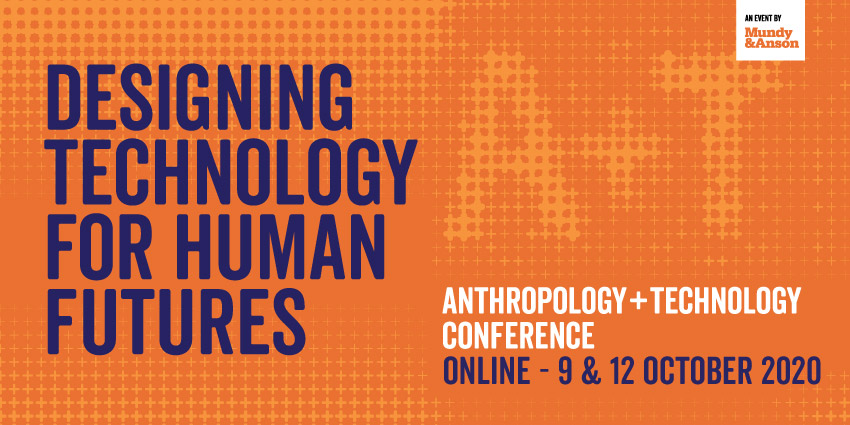
The Anthropology + Technology conference brings together pioneering technologists and social scientists from across the globe. Its aim is to facilitate dialogue on emerging technology projects in order to help businesses benefit from more socially-responsible AI.

The book explores the future of artificial intelligence (AI) through interviews with AI experts and explores AI history, product examples and failures, and proposes a UX framework to help make AI successful.

Published before global movement drew largely to a halt, before the majority of the earth's human population was shut indoors and before words like "virus" and "pandemic" proliferated, this curated collection is today far more than timely.

Almost every aspect of society will change after the pandemic, but if we learn lessons then life can be better. Featuring expert authors from across academia and civil society, this book offers ideas that might put us on alternative paths for positive social change.
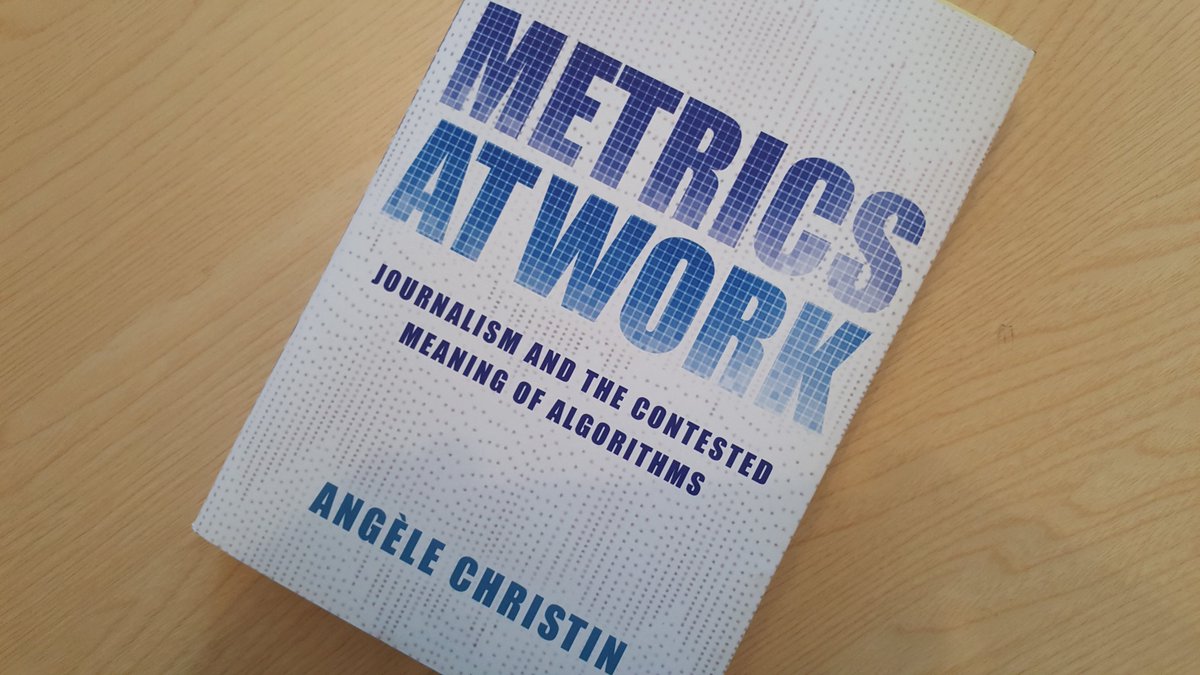
The starkly different ways that American and French online news companies respond to audience analytics and what this means for the future of news.
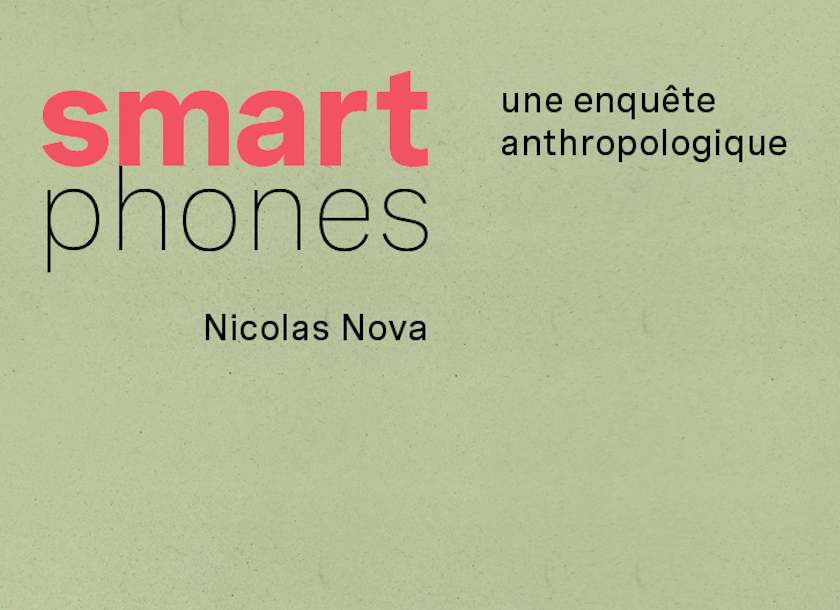
Sur la base d'une enquête de terrain menée à Genève, Los Angeles et Tokyo, cet ouvrage aborde la dimension proprement anthropologique du smartphone.

Drawing from an incredibly rich trove of global data, this groundbreaking book reveals that human progress has been slowing down since the early 1970s. Danny Dorling uses compelling visualizations to illustrate how fertility rates, growth in GDP per person, and even the frequency of new social movements have all steadily declined over the last few generations.
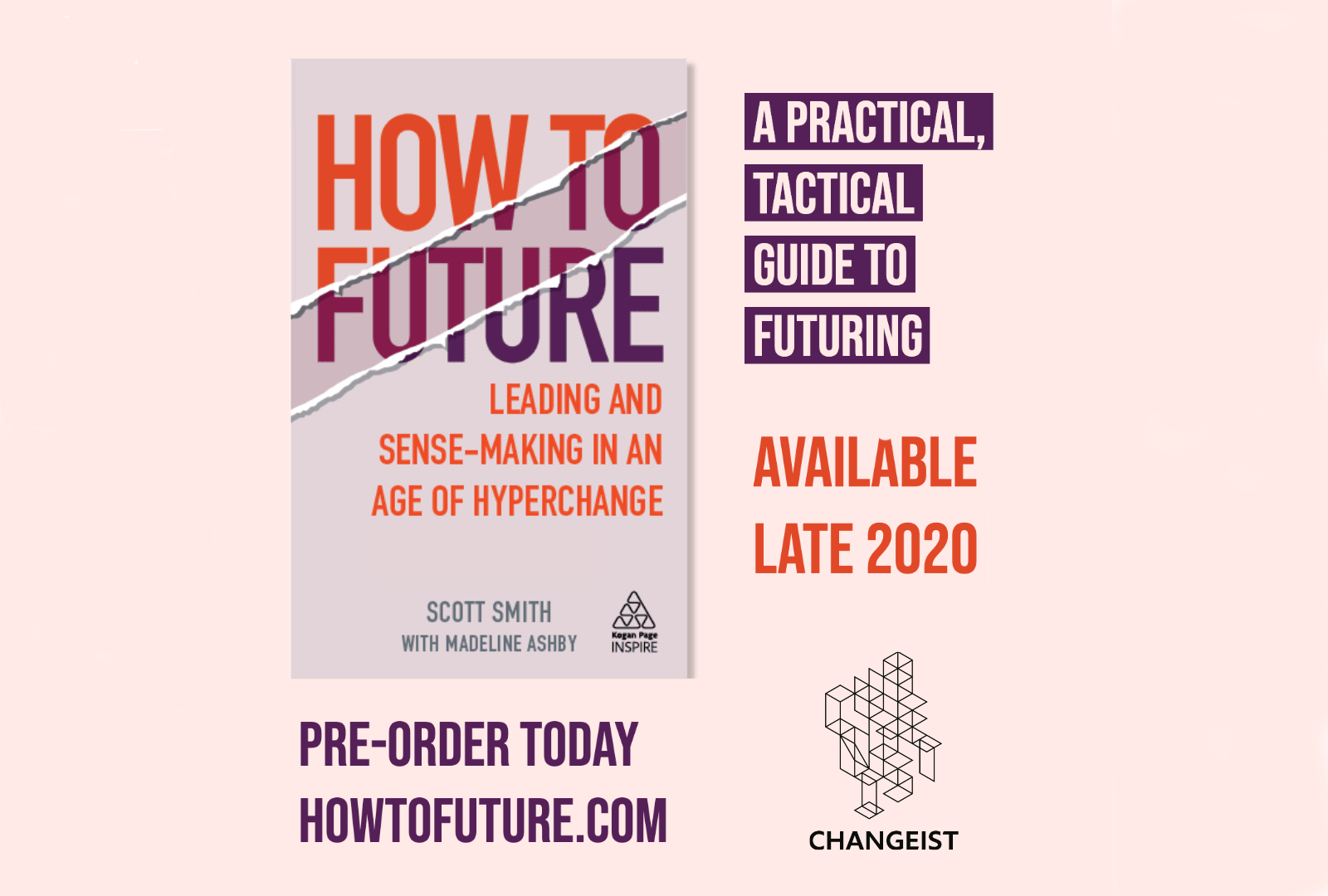
How to Future is a guidebook to futuring and arms you with tools, strategies and practices that illuminate new strategic pathways.
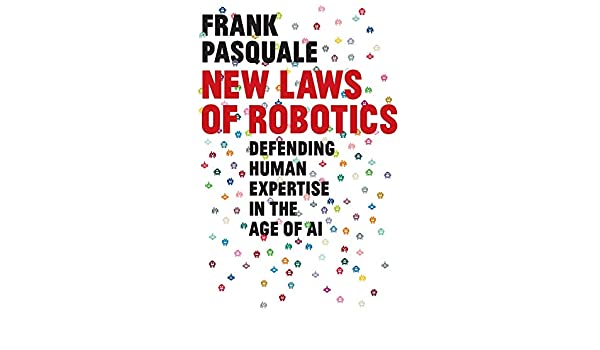
AI is poised to disrupt our work and our lives. We can harness these technologies rather than fall captive to them - but only through wise regulation.
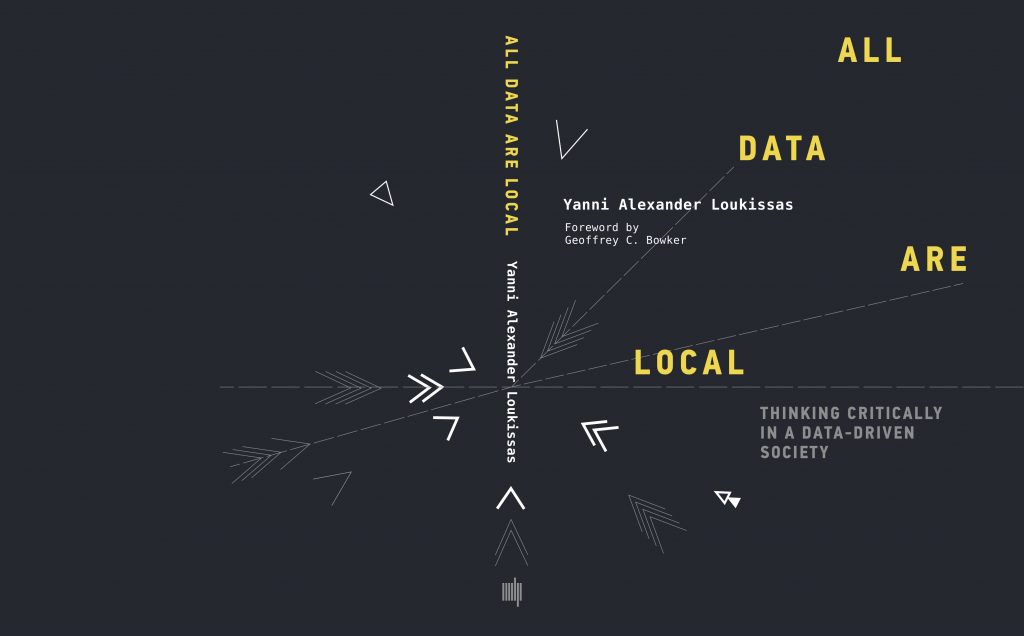
In our data-driven society, it is too easy to assume the transparency of data. Instead, we should approach data sets with an awareness that they are created by humans and their dutiful machines, at a time, in a place, with the instruments at hand, for audiences that are conditioned to receive them, says Yanni Alexander Loukissas, Assistant Professor of Digital Media in the School of Literature, Media, and Communication at Georgia Tech.
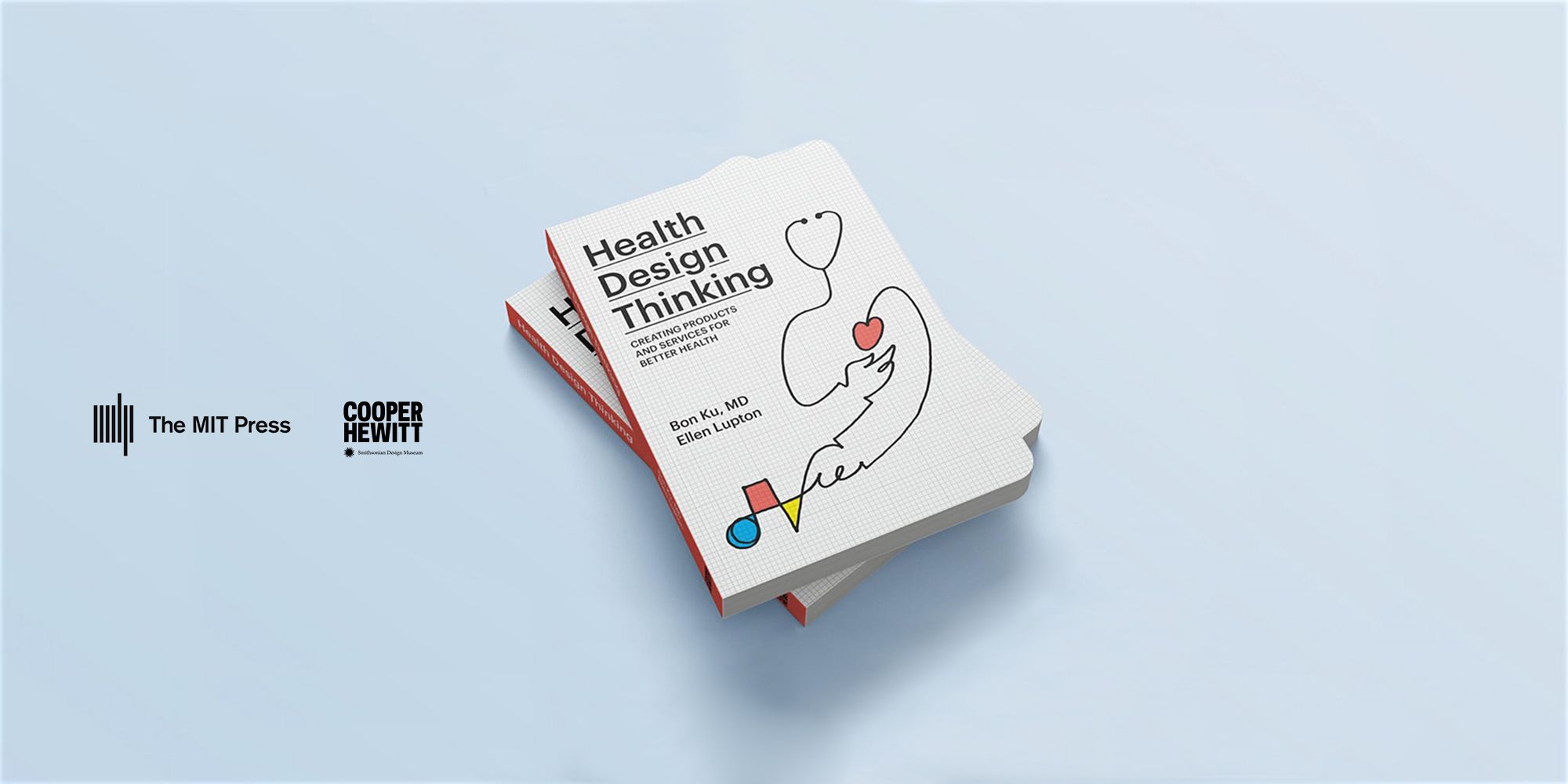
Applying the principles of human-centered design to real-world health care challenges, from drug packaging to early detection of breast cancer.




















